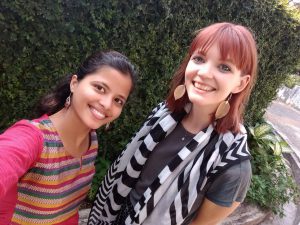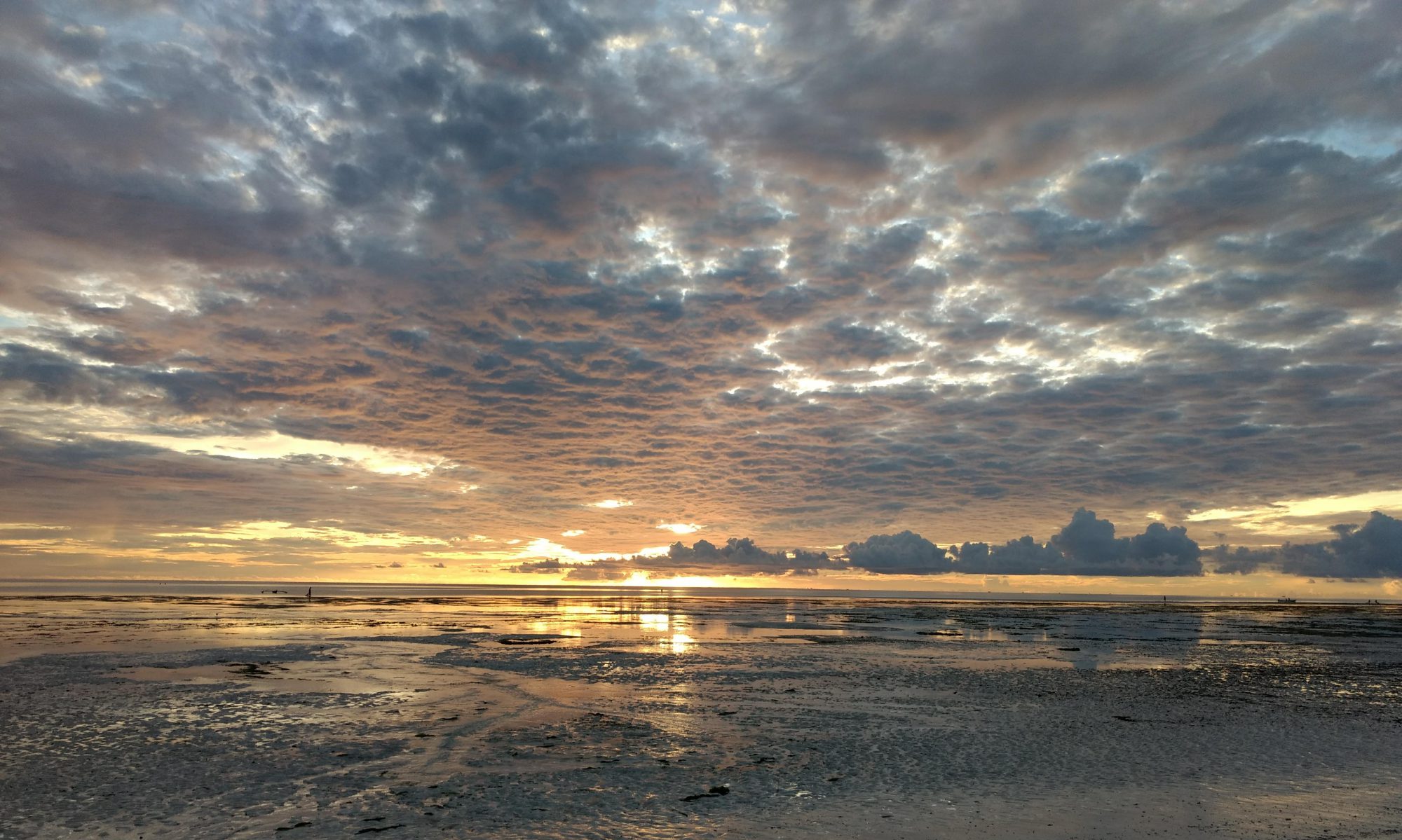Last week was Diwali, the Hindu festival of light. Diwali symbolises the spiritual victory of light over darkness, good over evil and knowledge over ignorance. Homes and buildings are decorated with lights, firecrackers are being set on fire in almost every street corner and it is not only cute little *pops* and *cracks* but rather the sounds of tiny bombs. Everyone is laughing at me for jumping of my chair from being startled. It feels like even the cats who lives in my apartment are looking at me weirdly after my little jerking dancemoves.
As promised in my last post I will give you a short introduction to the organisation I will be working with and what my study will be about.
The Mumbai based NGO Men Against Violence and Abuse (MAVA) is the first men’s organization in India directly intervening against gender-based violence towards women. For the past 25 years MAVA has been working on engaging men and boys in India on gender issues and equality. Over the years, they have developed several methods for involving young people through interactive workshops, street-plays, newspapers, poetry reading sessions, talks and discussions.
See their website for more info: www.mavaindia.org
I will be doing a qualitative study on one of MAVA’s programs. A one year mentor-training program engaging male college students in conversations addressing issues related to gender based discrimination and violence. The growing demand of involving men and boys to achieve gender equality has led to an increased number of organisations and programs around the world to answer this demand. Where MAVA is one of them. With the theory that gender norms and social values are socialised from an early age, leading to the unequal power relation, MAVA tries to break gender stereotypes and change men’s and boys’ views on patriarchal society. I intend to interview 10 college students who have recently completed MAVAs one-year mentor training to investigate how they describe their experiences of the program. Focus will be on the training program seen from the participating students’ perspective ending in a report for MAVA to use in developing their approaches and programs.
My overall research question aims to cover: How do the interviewed participants of MAVA’s mentoring training describe the programs content and the impact it has had on how they perceive gender-based discriminations, equality and patriarchal norms in society after completing the one-year program?

One last exciting thing before I end this post is that I yesterday met with Priya, my translator for this project. She is herself studying a master in Social Work at Tata Institute of Social Sciences here in Mumbai. It was great to meet her to discuss the best way to go about the interviews which I hope we can start with next week!
Take care,
Petronella

![20141023_192417[1]](https://blogg.mah.se/mfs/files/2014/10/20141023_1924171-e1414648187440-168x300.jpg)